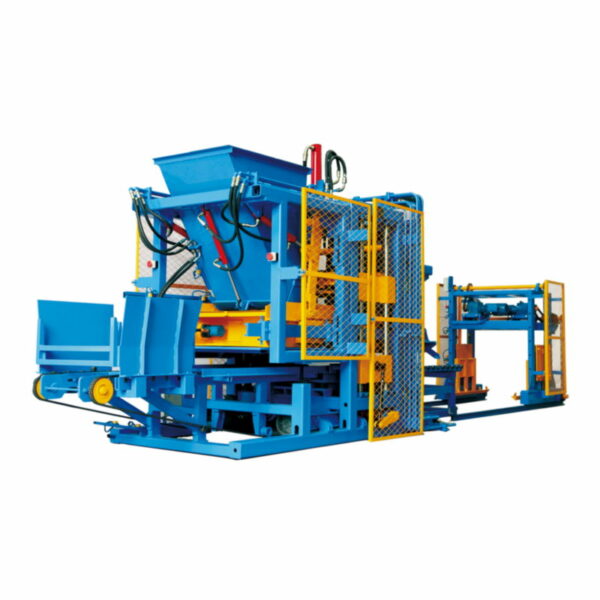How durable are the blocks produced by block production machine?
The durability of blocks produced by block production machines can vary depending on several factors, including the quality of materials used, the manufacturing process, the design of the blocks, and environmental conditions. Generally, blocks produced by block production machines are designed to be durable and able to withstand the stresses and conditions they will encounter in their intended applications.
Here are some factors that contribute to the durability of blocks:
- Material Quality: The quality of the materials used in block production significantly affects the durability of the blocks. High-quality cement, aggregates, and additives should be used to ensure the blocks have adequate strength, resistance to weathering, and durability over time.
- Mix Design: The mix design of the concrete used to produce blocks plays a crucial role in determining their strength, durability, and other properties. Proper proportions of cement, aggregates, water, and additives should be used to achieve the desired characteristics of the blocks.
- Compaction: Proper compaction of the concrete mix within the block production machine is essential for ensuring the density and strength of the blocks. Adequate compaction helps eliminate voids and ensures uniform distribution of materials throughout the block, enhancing its durability.
- Curing Process: The curing process after block production is critical for achieving optimal strength and durability. Blocks should be properly cured under controlled conditions, such as adequate temperature and humidity, to promote hydration and development of strength.
- Block Design: The design of the blocks produced by block production machines can influence their durability. Blocks with reinforced cores, block production machine interlocking features, or special surface treatments may offer enhanced durability and resistance to cracking, weathering, and other forms of damage.
- Quality Control: Strict quality control measures should be implemented throughout the production process to ensure the consistency and uniformity of the blocks. Regular testing of raw materials, concrete mixtures, and finished blocks can help identify and address any issues that may affect durability.
- Environmental Factors: Environmental conditions, such as exposure to freeze-thaw cycles, moisture, sunlight, and chemical exposure, can impact the durability of blocks. Proper design, material selection, and installation techniques should be used to mitigate the effects of environmental factors on block performance.
Overall, blocks produced by block production machines can be highly durable when manufactured using high-quality materials, proper mix design, compaction, curing, and quality control measures. However, it’s essential to consider the specific requirements and conditions of the intended application to ensure the blocks meet the desired level of durability and performance over time. Regular maintenance and proper installation practices can also contribute to maximizing the longevity and durability of blocks in various construction applications.

Comments are Disabled